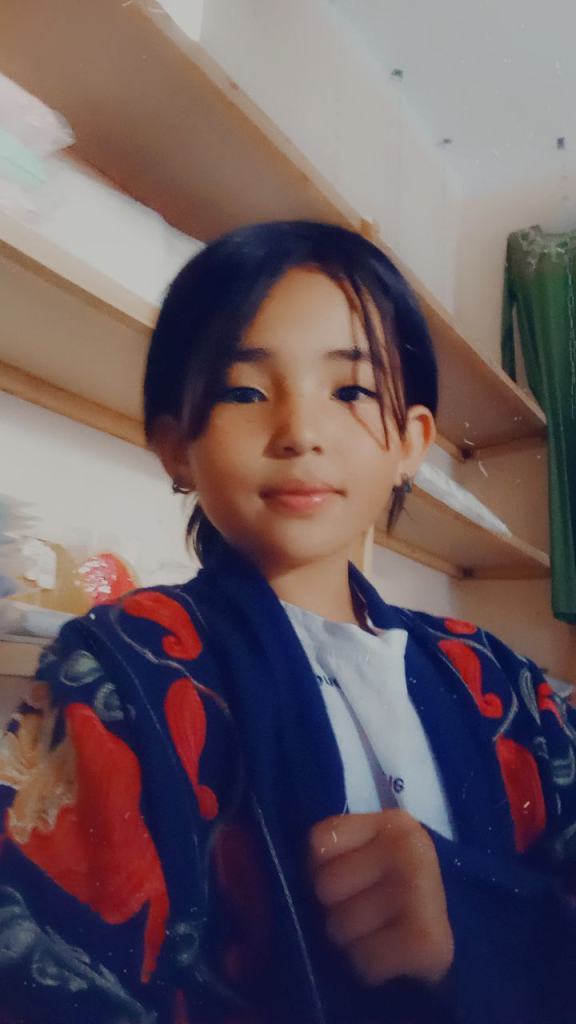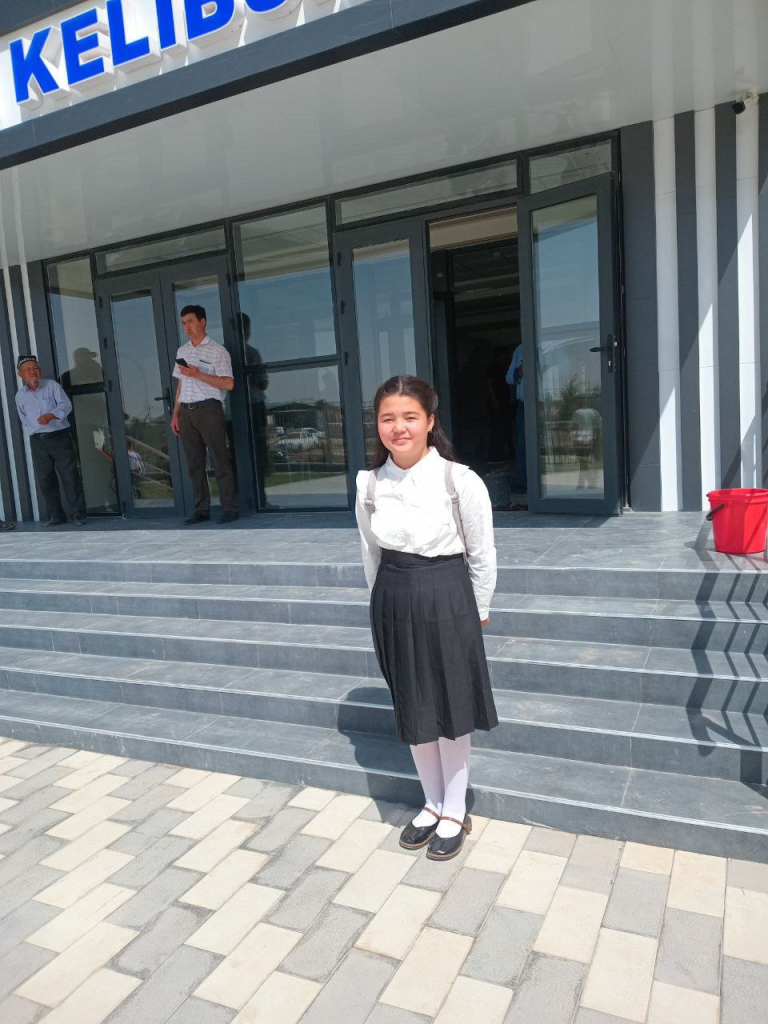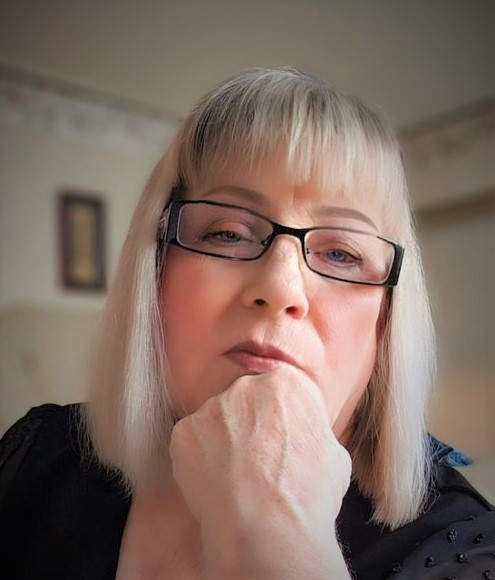x3
Nostalgia sets in, & I lose my
teeth. More benefit than hind-
erance — stops me chewing
over un temps perdu that has
little to make it worth revisiting.
Nostalgia sets in, & I lose my
internet connection. Maybe I
shouldn’t be piggybacking into
the ether on my neighbor’s wifi.
Nostalgia sets in, & I lose my
canteloupes. Not immediately;
but before the melon harvest
can get underway, gargoyles
that have torn themselves away
from cathedral roofs flock down
to feast, leave nothing behind.
Random / noises from / the vowel house
According to onlookers, I’d
dodged a bullet. But I’ve been
deep into word puzzles of
late, & couldn’t let that pass
by without questioning how it
parsed. “Do you mean I may
have dodged a ballet since I
didn’t go into the city with my
partner last night? Or maybe
didn’t spend that same time
watching a belly dancer or that
comedian who provokes belly
laughs in his audience? Or,
more precisely, perhaps no
one offered me a glass of Bellet
wine or took me for a drive in
their old Isuzu Bellet? Then
again, nobody offered me an
overnight billet, or gazed at me
& sent me billets-doux, or in-
vited me to go & see that
French pop group that’s app-
arently quite popular these
days. Have I left anything
out?” I get blank looks, so re-
mind them that bollets are
another word for a type of
mushroom, & that it’s now
dinner time, & I’ve prattled on
for so long they’re probably
wishing that the projectile had
hit the mark & stopped me
carrying on like a bull at a gate.
XXL Largo
(A Tom Beckett Title)
Now that the wet season
has arrived, I go surfing
before I go surfing, hoping
to find some johnnie O
swim shorts in an extra
extra large size which also
have some length to them.
eBay offers me a pair for $89,
described as having a Conch
Floral design, lined, & with
a drawstring. The Adidas
equivalent at Amazon also
has a drawstring, is in a Rip-
stop 100% recycled polyester
but is currently out of stock.
In the same breath — or at
least on the same page — Ali-
baba.com, under the sub-cat-
gories of Sex Toys / Dildos,
has a Ready to Ship Big XXL
Largo Penis Enlargement
Cream with a 2-year shelf
life. Sterilization, cleaning, &
a free sample are included. They
say they support private labels
& can manufacture to a custom-
er’s own design (OEM) or relabel
Alibaba products (ODM). It
also is currently unavailable.
Still surfing, I find I can buy a
Ralph Lauren Polo sweater —
Talle XXL, Largo 80cm, Ancho
70cm — for a mere $33,000; or,
at the other end of the scale, an
XXL long custom “stromboli”
mousepad with a list price of
€44.00. If that was what the
sweater cost I might be inter-
ested; but most everything I’ve
seen so far seems to have little
to do with surfing, or is out of
stock, or is way too expensive.
Time to stop; so a last entering
of the search term. I goof, leave
off the size’s L, so, when I enter,
Chopin & YouTube are every-
where. 24 Preludes, Op. 28: XX.
No. 20 in C Minor (Largo). It’s a
nice piece, so I sit back & enjoy.
escalator elephants
Australia Post has issued an urgent warning to residents to remain on high alert as the risk of “porch pirates” starts to rise.
Scientists have found a fix for the increasing amount of space junk.
Archaeologists discover the world’s oldest paintings, made long before human existence — & strikingly advanced.
Trump hires a new architect for his $300M White House ballroom, pushing the price up another $100M.
Joe Rogan recently told the American Alchemy podcast that AI-powered machines could one day have a ‘virgin birth,’ creating advanced robots, or ‘offspring,’ capable of performing real-world miracles using technology.
Australian Labor Government’s new AI plan puts faith in self-regulation.
‘Good decision.’ Trump hails controversial health plan as an advisory panel appointed by Trump’s vaccine-skeptic health secretary Robert F. Kennedy Jr. voted to end a decades-old health recommendation affecting newborns.
“Vanity Fair” and Olivia Nuzzi announced Friday that they have agreed to go their separate ways following a flood of new revelations about her romantic relationship with Robert F. Kennedy Jr., including allegations of journalistic ethics breaches.
Trump family is inflicting a new kind of Saudi-style ‘royalism’ on the US.
Arrests as apple crumble, custard thrown at UK crown jewels.
Anger as National Parks grant free access on Trump’s birthday — & end it for MLK day.
NATO state to declare state of emergency next week, Lithuanian PM says.





